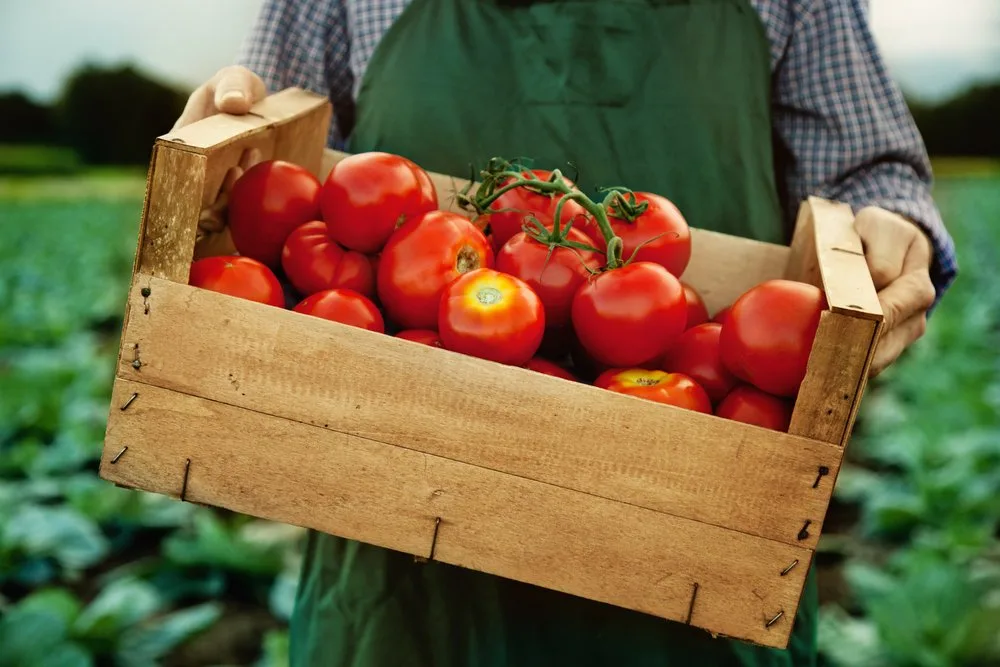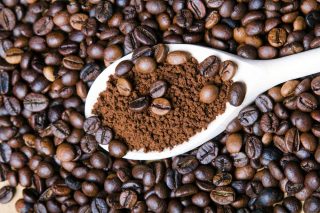Food wastage is a big problem the world over. A report by the Food and Agriculture Organization of the United Nations estimates that the annual global volume of food wastage stands at 1.6 billion tonnes. These are considered primary product equivalents. Worse than that, the amount of water required to produce the very food that gets lost or wasted is approximately three times the volume of Lake Geneva. Also, 1.4 billion hectares of land is needed to produce this amount of food.
One reason for this is the flaws in the way we store our food. Millions of tonnes of food get thrown away each year because many people don’t understand which foods should be placed together. Nor when they should be washed, or where to keep different fruits and vegetables.
Now, with a global pandemic, it’s more important than ever to know how to stretch the lifespan of our fresh produce. Our immune systems are dependent on us consuming plenty of nutritious plants. Also, it’s best to limit your trips to the grocery store, to avoid contact with the Covid-19 virus.
Here are the primary mistakes people often make that cause food to go bad sooner than it should. With a few simple, valuable changes, you can get the benefit of your fresh produce – and prevent throwing away another cucumber that never got used.
1. Storing your tomatoes in the fridge
This is a common mistake. By storing your tomatoes in the fridge, not only can it cause your tomatoes to have less flavor as it ripens, but it can also make them go bad quicker. The best way to store them is to line a bowl with a paper towel and keep them outside at room temperature. For stemmed tomatoes, keep the stems facing the top inside the bowl. Remember, the brighter the color of the tomato, the more nutrients it contains. Tomatoes are also some of the easiest vegetables you can grow at home, without the need for pesticides.
Nectarines, pears, plums, peaches, bananas, and avocados are also best left on the counter while they ripen, but they store well in the fridge until you’re ready to eat them.
2. Storing your bananas together 
Bananas can have a longer lifespan if you don’t store them in a bunch. Instead, separate them and wrap the stems of the individual bananas in cling wrap. To prevent browning, slice them up and rest the cut sides in lemon juice. If you like to use bananas in smoothies or ice creams, you can also peel them, slice them, and freeze the slices until you need to use them. This will give your smoothies and smoothie bowls a great creamy texture.
3. Wash fresh food and place it in the fridge
Another common mistake is to wash produce before storing it in the fridge. Unfortunately, when you add moisture to the food, any rot that is present is able to spread faster. While it is important to wash your fruits and vegetables – due to the possible presence of pesticides and dirt – you should only do this right before eating or using it in a meal.
4. Storing your dairy in the fridge door
It’s another common mistake – probably because of its convenient location – but storing your milk in the door of your fridge is causing it to spoil quicker. This is because the temperature of the fridge’s door changes often due to being regularly opened and closed. According to Real Simple’s food reporter Kimberly Holland, you can make your dairy foods last longer by keeping these items on the middle or bottom shelf of your fridge. This is where the temperature is usually most consistent.
5. Letting your coffee beans breathe 
According to the National Coffee Association, the greatest enemies of coffee beans are air, moisture, light, and heat. When it comes to long-term storage, the typical retail packaging your beans tend to come in isn’t really ideal. This is why you should invest in an opaque air-tight container for storage. As a rule, you should consume your coffee beans as soon as possible after they have been roasted. Store the beans in a cool, dark area, such as the pantry. It should not be too near the oven, as it can become too warm. Lastly, don’t make the mistake of freezing your beans. This allows moisture to be absorbed into the coffee.
6. Storing Your bread in the Fridge
Bread might freeze well – up to three months, in fact – but it goes stale quickly if you store it in the fridge. This speeds up the process by approximately six times. This is why, when you freeze your bread, you should put it in a sealed zip-top bag. Cut it into slices or sections if you’re not going to have the whole bread at a time. Remove as much of the air as is possible before placing it in the freezer. When you’re ready to eat, pop the section you need in the oven or toaster – this re-gelatinizes the starches and makes the texture chewy again. Alternatively, invest in a bread box.
7. Not freezing your meat 
The United States Department of Agriculture says that neither poultry nor meat loses its nutritional value by being stored in the freezer. You can store uncooked poultry parts for up to nine months in the freezer, while uncooked beef will hold from two months to a year.
Here’s a full storage chart on freezing and food safety.
Bottom line
In addition to improving some of the ways you store food, there are various other ways to reduce the amount of food that gets thrown away in your home. The Food and Agriculture Organisation of the United Nations estimates that home composting can potentially divert up to 150 kg of food waste per household per year from local collection authorities. Click on this link to find out why every home should have a compost system and how you can get it started in your household.
References:
Food wastage: key facts and figures. The Food and Agriculture Organisation of the United Nations. http://www.fao.org/news/story/en/item/196402/icode/
La Jeunesse, M. 2020. 18 Ways You’re Storing Groceries Wrong That Are Cutting Down Their Shelf Life. Insider. https://www.insider.com/how-to-store-food-so-it-lasts-longer-2018-9







![women [longevity live]](https://longevitylive.com/wp-content/uploads/2020/01/photo-of-women-walking-down-the-street-1116984-100x100.jpg)










